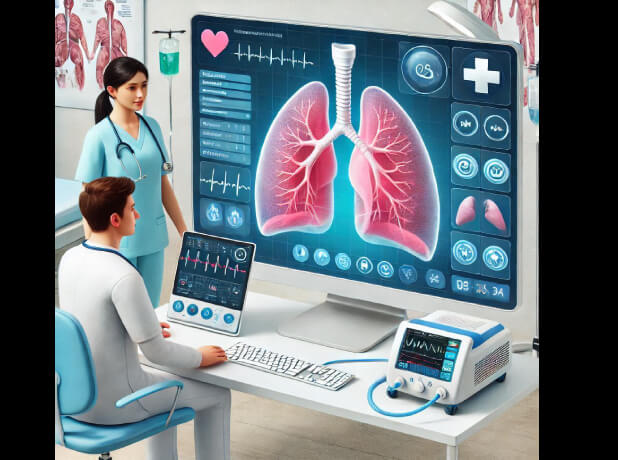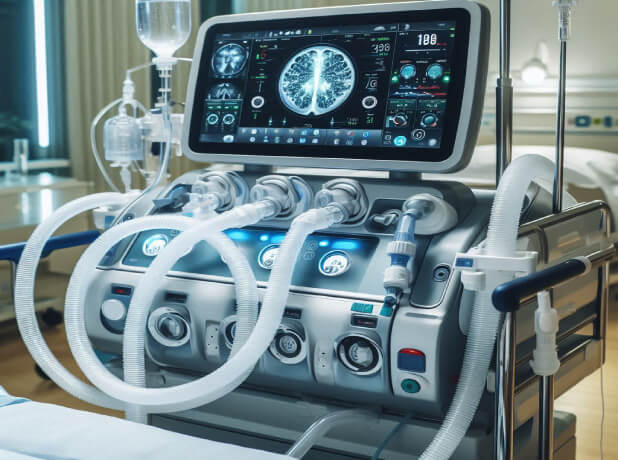NeoVault: empowering neonatal research through a neonate data hub
Abstract Background Stability during early postnatal life in preterm infants is related to better outcomes. Although vital signs are monitored continuously in Neonatal Intensive Care Unites, this monitoring does not include all physiological parameters nor data such as movement patterns. Although there are scattered sources of data, there is no centralized data hub for neonates […]
NeoVault: empowering neonatal research through a neonate data hub Read Post »


